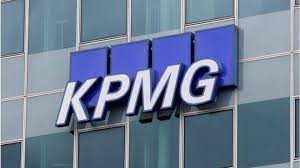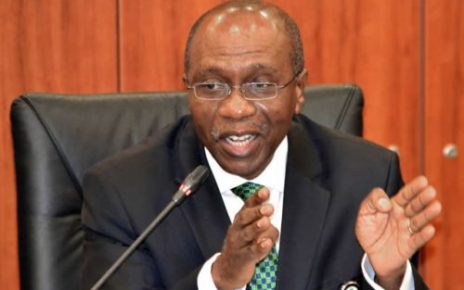….Says New Tax Hike Will Hurt Economy
KPMG Nigeria, one of the leading tax advisory and economic research firms in the country, has charged the Federal Government to adopt fiscal measures to boost revenues from the nation’s hydrocarbon resources sector rather than hiking non-oil taxes in order to achieve an efficient fiscal system in the country.
The company, which gave the charge in its just published ‘May 2023 Report on the Assessment of the 2023 Fiscal Policy Measures’, noted that the government recently introduced a new Fiscal Reform Policy (FRP) which raised taxes on beer, imported vehicles, single-use plastics, mobile telephone services, fixed telephone, and internet services.
It advised the government to look beyond creating an additional burden on business margins and work to increase oil revenues and improve the performance of the nation’s economy.
The company pointed out that the FRP’s implementation would be counterproductive for the country based on the current micro and macroeconomic factors undermining productivity in key sectors of the economy.
KMPG expatiated: “With inflation already over 21%, consumers have already been rationalizing expenditures and this is showing up in the earnings of various Nigerian consumer product companies.
“It is our view, therefore, that the timing for this increase may therefore not be effective. Further price rises may squeeze consumer demand and worsen already declining business margins such that the revenue expected by the government from the new duty may be unrealized. So, the government loses three times.
“Rather than place added burden on struggling consumer demand, business margins and profitability, and greater competition hurdles with other African countries in particular, our recommendation would be to increase oil revenue and non-oil revenue via other measures that don’t create added challenges for consumers and businesses and to adopt more efficient government expenditure”, the company stressed.
According to tax advisory firm, the government can work to increase oil revenues and address the structural imbalance in the nation’s revenue generation by renegotiating or reconsidering Nigeria’s relationship with the Organization of Petroleum Exporting Countries (OPEC) to avoid being capped to a limit when and if the output exceeds the quota, in view of the country’s need for urgent revenues for development.
In addition, it canvassed the need to develop joint ventures between the Nigerian National Petroleum Company Limited (NNPCL) and companies building modular refineries to process crude oil into derivatives as a means of increasing the revenues generated from selling extracts like premium motor spirit, low-pour fuel oil, and kerosene, aviation fuel, diesel, pet coke, bitumen binders, and marine fuel. These could multiply revenues generated from selling crude oil as a raw commodity.
The tax advisory and economic research firm also urged the government to consider an independent Joint Venture model for its production-sharing contract and encourage NNPCL to raise cash calls independently and advised NNPCL to secure oil output by installing high-pressure sensors on all feeder lines that take crude oil through flow stations from well-heads to terminals to be able to track and detect spikes, pulsations, surges that might occur from vandalization, and pressure tapping.
KPMG also tasked the NNPCL to collaborate with the Office of the National Security Adviser, the Nigerian Army, the Marine Police, and the Nigerian Navy to curb oil assets vandalism and oil theft and to install modern metering technology at all 33 export terminals to avoid siphoning off crude oil inventories and reduce the difference between inventory delivered by feeder lines through flow stations from well-head to terminals.



